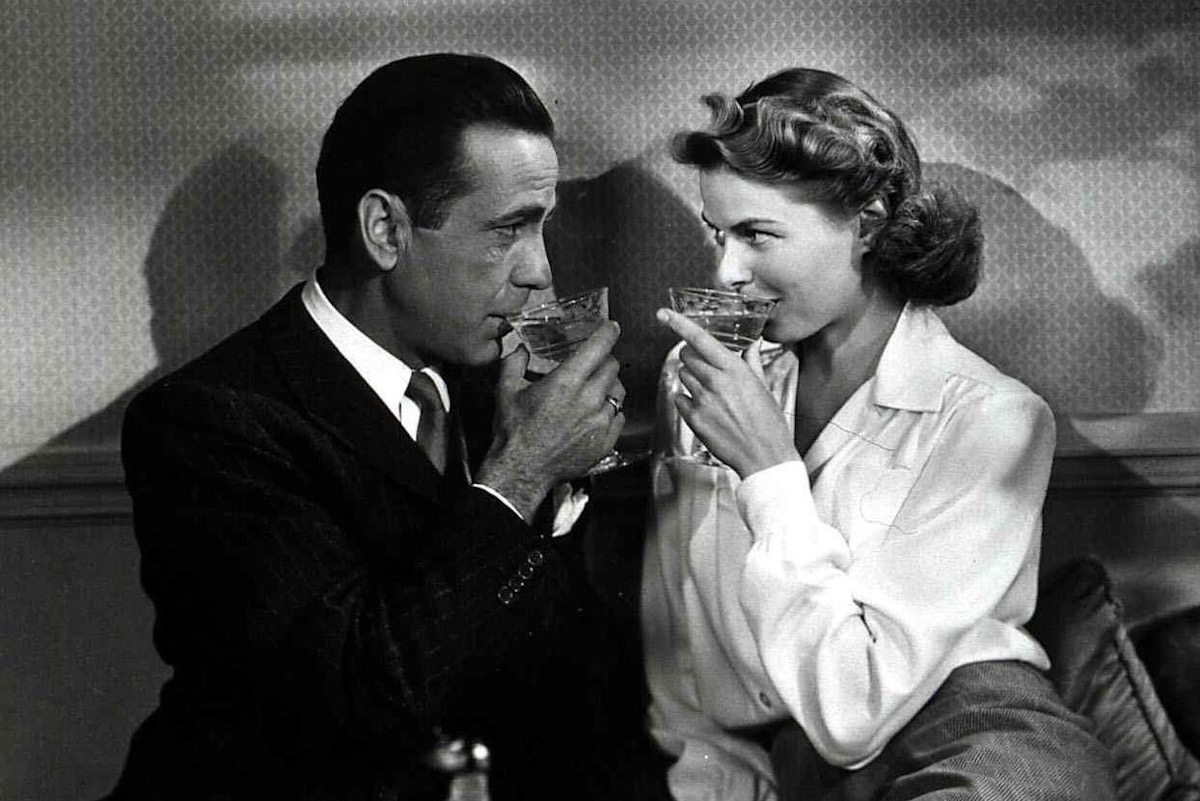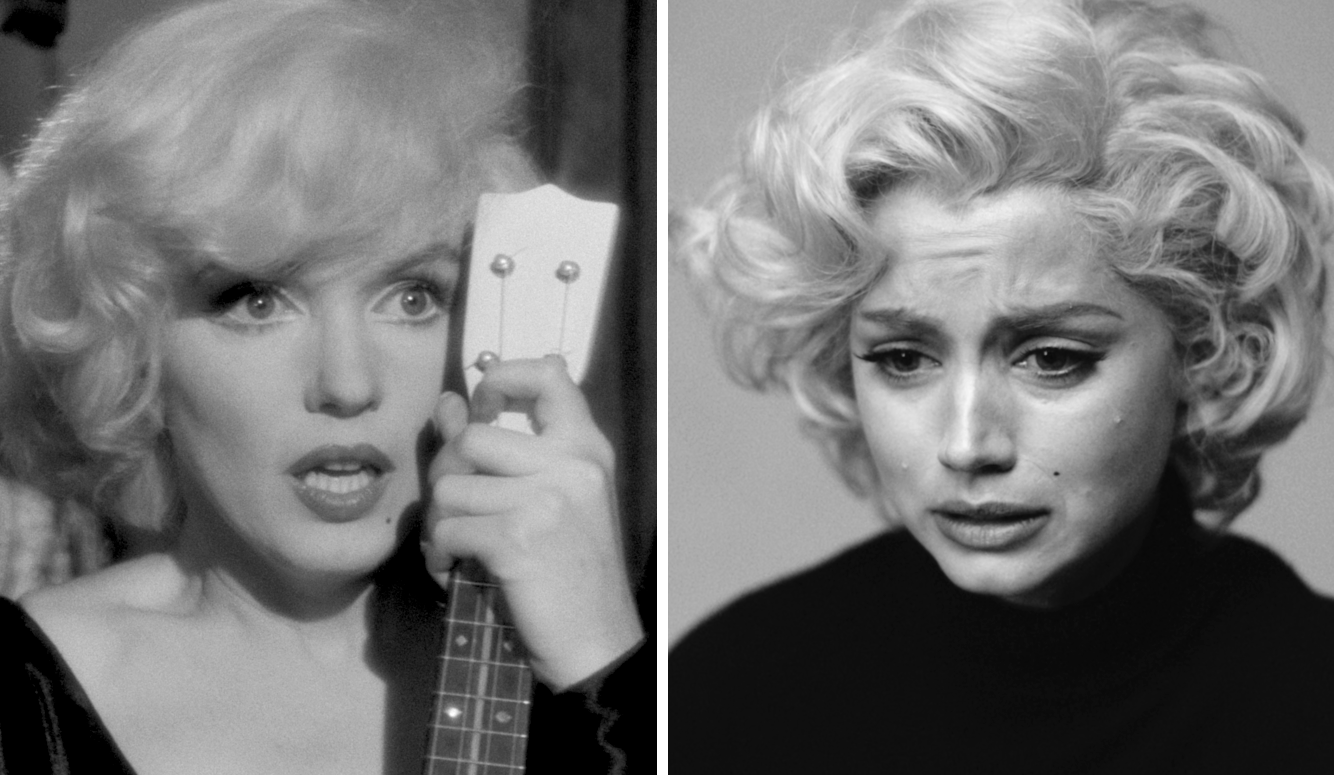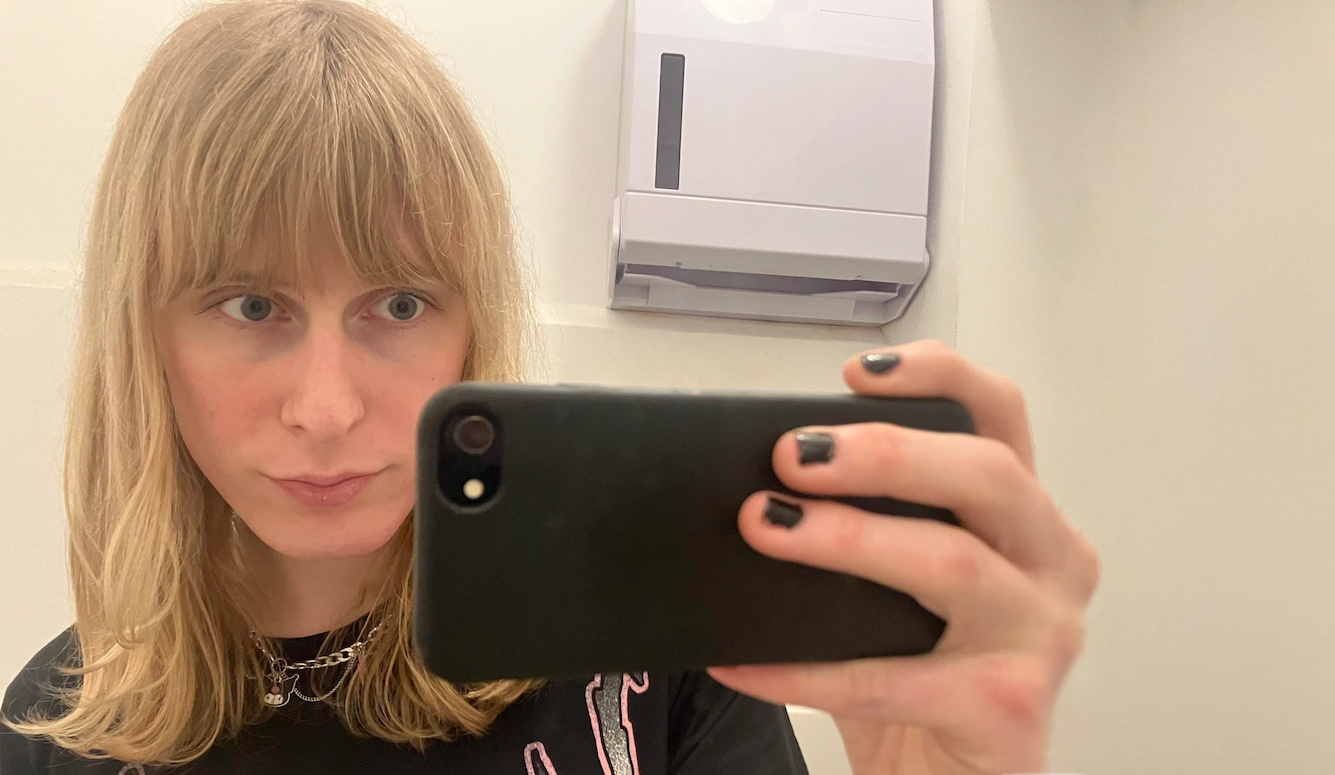The Sex Negative Society
The education system is sex negative, especially when it engages in “sex education.”

Sex is in trouble. Fewer of us are having it. Those who do have it less, later, and are finding it harder and less satisfying than they hoped for. The question arises: how come, in our culture that is so sex-positive?
That mainstream culture, and its myriad subcultures, is sex-positive is taken for granted. The demons of unwanted pregnancy and life-threatening STIs were banished by contraceptives and antibiotics. Acceptance is accepted, shaming is shamed, and what used to be hidden is now displayed in ads, movies, and Instagram accounts. Is this all sex-positive?
If the standard for sex-positivity is simply about promoting more sex then, as mentioned, we’re failing to meet even that. Quantity and accessibility are also far from the only things we care about—we wouldn’t call a culture of abundant calorie-dense junk food a food-positive one.
Wikipedia defines sex-positivity as “an attitude towards human sexuality that regards all consensual sexual activities as fundamentally healthy and pleasurable.” That sounds more like what people want. Health and pleasure, sex that feels good and that you feel good about, that leaves all participants better off, their relationships stronger, their bodies and souls nourished. Positive sex.
The problem is that positive sex doesn’t result from merely “having an attitude” that it is so. It results from cultivating skills both physical and spiritual, and discerning those skills in others. It can be an intimidating endeavor, one that requires both instruction and encouragement. Both of those are conspicuously missing from every mainstream culture and subculture I know of. They all have their own criteria, such as consent or matrimony, to declare whether sex is permissible or not, not whether it’s good or lousy. And when they get into the detailed aspects of sex, they focus almost exclusively on the negative ones.
Conservatives are sex negative. They talk about sex as dangerous and corrupting, to be repressed and regulated for the sake of social order and “family values.” Traditional Christianity promises that sex would be divine if you just wait until marriage (and are heterosexual, monogamous, and not too kinky), but offers little guidance on how to actually make it so, or what to do if the virgin newlyweds discover that the sexualities they’ve kept bottled up until their happy day are less than compatible.
Progressives are sex negative. They support displays of sexuality (especially by women and sexual minorities) but often place the act itself under suspicion of harassment, grooming, exploitation, or myriad other forms of endlessly traumatizing violence. The Dworkinian view that any heterosexual intercourse is an extension of the general domination of women by men is present as an undercurrent in a lot of feminism even where it’s not explicitly stated. One gets the sense that in a progressive utopia everyone flaunts their sexuality as an identity marker, but no one goes so far as to actually flirt or sleep with anyone.
Red-pilled men are sex negative. They frame sex not as a positive experience itself, but primarily as a way to keep score in the competitive hierarchy of men. This view is shared both by incels who fatalistically accept their place in that hierarchy’s (mom’s) basement and the self-styled alpha gurus of the manosphere telling their disciples how sex is a tool used by women to deprive men of their vitality and income. Pick up artists learn vulgar tricks to sleep with desperate women who pretend to fall for them, neither side having any respect for the other or investment in the quality of the other’s experience. Men Going Their Own Way are sex negative—at least they never pretend otherwise.
Politicians are sex negative, looking mainly for bits of sexual expression to outlaw and regulate when they’re not engaged in their own sex scandals (and especially when they are).
Corporate culture is sex negative. The ideal worker has been scared out of flirting with anyone at work, and stays in the office too late to flirt with anyone outside it.
The education system is sex negative, especially when it engages in “sex education.”

The media is sex negative. Its prurient interest is mainly in sex that violates law or consent norms, or that at the very least is miserable and traumatizing. If Aziz Ansari had been a skilled and generous lover who left his paramour ecstatic with pleasure and emotionally elevated, no paper would ever print that story. Since his date’s sexual experience was thoroughly negative, it was front-page.
Capitalism knows that sex sells, but it’s not selling you on sex. You’re sold sex appeal—the trappings that make your peers (and you) see yourself as worthy of sex. Sex worthiness is sold in many ways: luxury watches, luxury dresses, luxury degrees, luxury beliefs. People can fall into narcissistic obsession with acquiring sex worthiness that entirely precludes actual intimacy. Even if that fate is avoided, the effort spent on acquiring sex worthiness isn’t spent on connecting with intimate partners. Good sex doesn’t contribute to any brand’s sales metrics or any nation’s GDP.
Perhaps it makes no sense to expect sex-positivity of any culture at all. If culture is simply the set of stories people tell themselves to get along collectively and establish order and hierarchy, it has no room for the private and disorderly affair of sex. Camille Paglia takes this further, imagining most of Western art and philosophy as a defense against the chaotic, filthy, and daemonic nature of intercourse. Civilization was always a way to control sex, not to promote it.
If culture was always sex-negative, what has changed? One difference is that today cultures pretend to be sex-positive, merely because they are sexually permissive. But it turns out that lack of permission was never the main impediment. Boundaries can be a guide as often as an obstacle, and a guard rail against sex that isn’t “healthy and pleasurable” regardless of attitude. But in a sexually indulgent culture failure to indulge places the blame on the individual, absolving society. The celibate, especially younger men and older women, are more commonly subject to scorn than to compassion.
Another change is that culture is more ubiquitous and invasive. If people used to learn about sexuality from their friends, now these interactions are being replaced by interactions with influencers on social media. Porn, Hollywood, magazines, and the various Internet subcultures with their sexual ideologies are impossible to avoid outside the Amish village. Society invades and turns sex into a game of identity, consumption, political affiliation, and narcissism.
There are sex-positive subcultures; they usually keep themselves (and are kept) a good distance away from the mainstream. That’s where sex-positive art is found as well. Not in superhero blockbusters where everyone is beautiful and no one is horny, but in indie movies about getting an office job, in French pop songs, in pre-modern Japanese shunga art. When you see art made by someone who was inspired by sex, and not inspired by trying to sell you sex, you know.
The path to positive sexuality can start in one of these subcultures, but it’s usually a private and difficult journey. Perhaps the right attitude to embark on it is counterintuitively that sex, by default, is weird and intimidating, and that you, by default, are not good at it. From this beginning you can make progress.
One evening I went on a date, and after we finished making love for the first time she asked me: what could I do better or differently next time? It was an epiphany to me, not just the attitude of curiosity and improvement but also the vulnerability that it takes to ask and answer this question. I’m sure that this question is asked in hundreds of bedrooms each night by people wiser than me, but I wouldn’t see it in newspapers, in blockbuster movies, on influencer Instagram, or on Pornhub.
Sex-positivity is wonderful and very possible, but it’s always counter-cultural.











